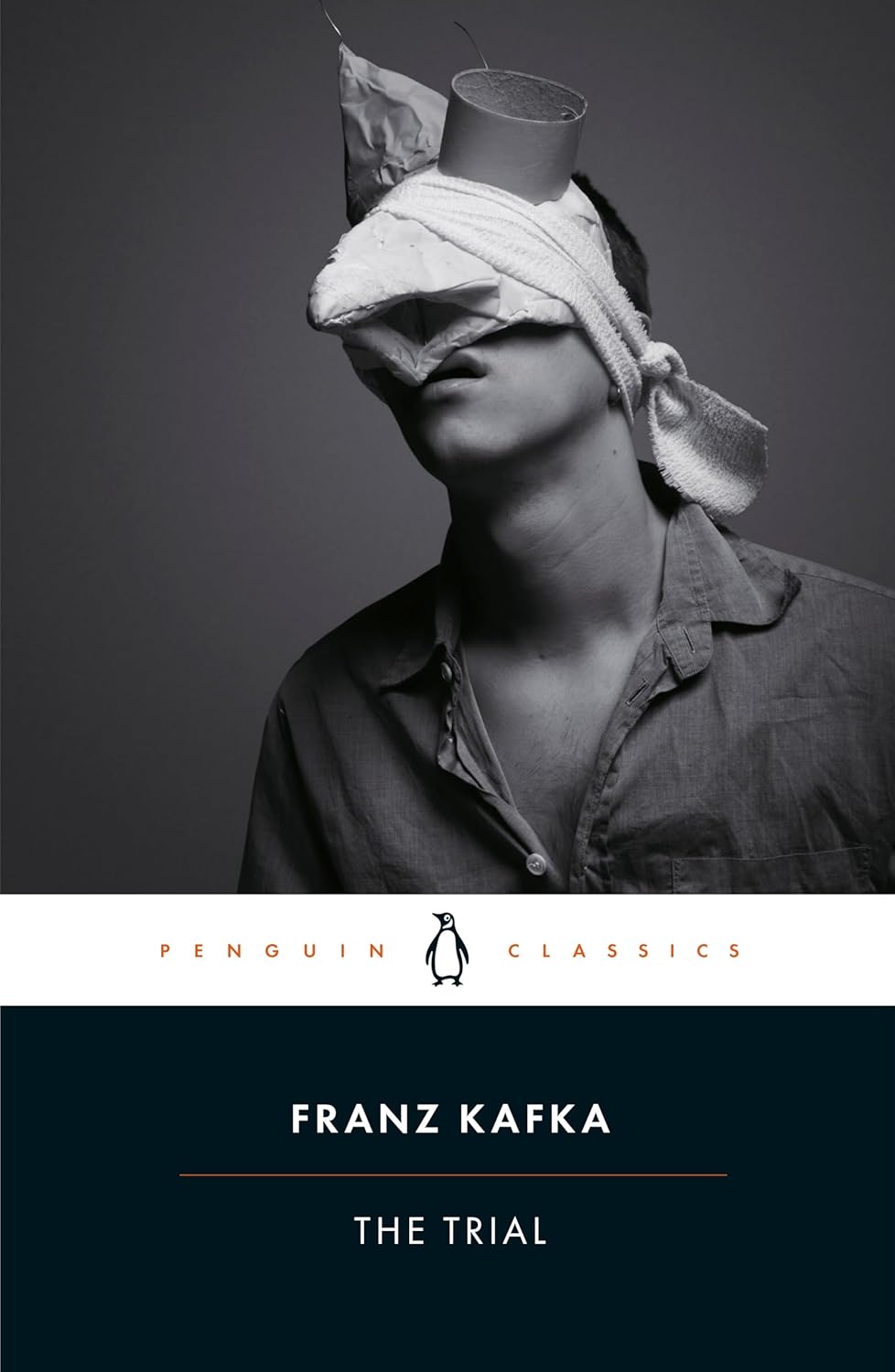The Trial by Franz Kafka is one of the most profound and unsettling novels of the 20th century, yet it has also faced challenges and bans due to its themes, political undertones, and unsettling portrayal of authority.
While The Trial has not been universally or frequently banned in the same way as some other classics, it has faced censorship in authoritarian regimes, especially in places where criticism of bureaucratic or totalitarian systems was not tolerated.
The novel’s bleak portrayal of justice, its ambiguous accusations, and its portrayal of an overpowering, inaccessible legal system led to its restriction or suppression in certain totalitarian regimes such as Nazi Germany and the Soviet Union.
These regimes often banned literature that depicted the state as arbitrary, oppressive, or incomprehensible, fearing such works might incite dissent or skepticism toward governmental authority. Furthermore, the book’s existential questioning of guilt, law, and power was seen as subversive in societies that demanded absolute conformity.
The Trial tells the story of Josef K., a respectable bank clerk who is suddenly arrested by mysterious agents for an unspecified crime. Throughout the novel, Josef K. tries to understand the nature of his charge and seeks justice through a bizarre and opaque legal system.
Despite never being informed of his alleged crime, he is forced to navigate a labyrinthine judicial structure filled with inaccessible officials, endless bureaucracy, and surreal encounters.
The novel is deeply philosophical, exploring themes such as the arbitrariness of justice, the loss of individual agency, and the alienation of the modern human being. Kafka never finished The Trial, and the incomplete manuscript was compiled and published by Max Brod in 1925.
Its unfinished nature adds to its haunting quality, reinforcing the sense of unresolved tension and existential dread. The Trial remains a chilling allegory of a world in which logic is twisted, justice is unreachable, and the individual is powerless against the faceless machinery of authority.
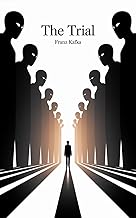
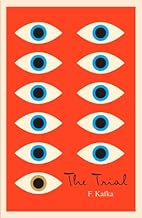
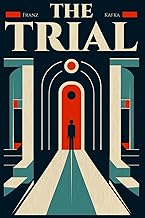
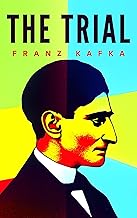
About the Author
The author, Franz Kafka, was a German-speaking Bohemian writer born in Prague in 1883, in what is now the Czech Republic. He is regarded as one of the most important literary figures of the 20th century, known for his unique style that blends the surreal with the bureaucratic.
Kafka was a deeply introspective and anxious man, whose writings often reflect his struggles with authority, alienation, and the absurdity of modern life.
Despite his relatively small body of work, he left a massive impact on literature, and the term “Kafkaesque” has entered common usage to describe situations that are nightmarishly complex, bizarre, or illogical.
Kafka died in 1924 from tuberculosis, and much of his work, including The Trial, was published posthumously by his friend Max Brod, against Kafka’s wishes.
FAQs
Q1: Why did totalitarian regimes like the Nazis and Soviets fear literature such as The Trial?
A1: These regimes thrived on control and ideological conformity. Kafka’s The Trial challenged this by portraying power as absurd, arbitrary, and inaccessible. The idea that a person could be prosecuted without reason, by a faceless system, threatened the legitimacy and image of order that such governments tried to maintain. Literature that invited readers to question authority or see the justice system as corrupt was seen as dangerous.
Q2: What does the term “Kafkaesque” truly mean in the context of The Trial?
A2: “Kafkaesque” describes situations that are surreal, illogical, and oppressive—particularly involving dehumanizing bureaucracy. In The Trial, Josef K.’s experiences—being arrested for no known reason and caught in a senseless legal system—perfectly illustrate this concept. It’s about the loss of control in an irrational world where no answers are given and escape feels impossible.
Q3: Why did Kafka not want his works, including The Trial, to be published?
A3: Kafka struggled with self-doubt and perfectionism. He often considered his work incomplete or unworthy of publication. Before his death, he instructed his close friend Max Brod to destroy all his unpublished manuscripts. Fortunately for literature, Brod defied his wishes and published them, allowing the world to experience Kafka’s genius.

